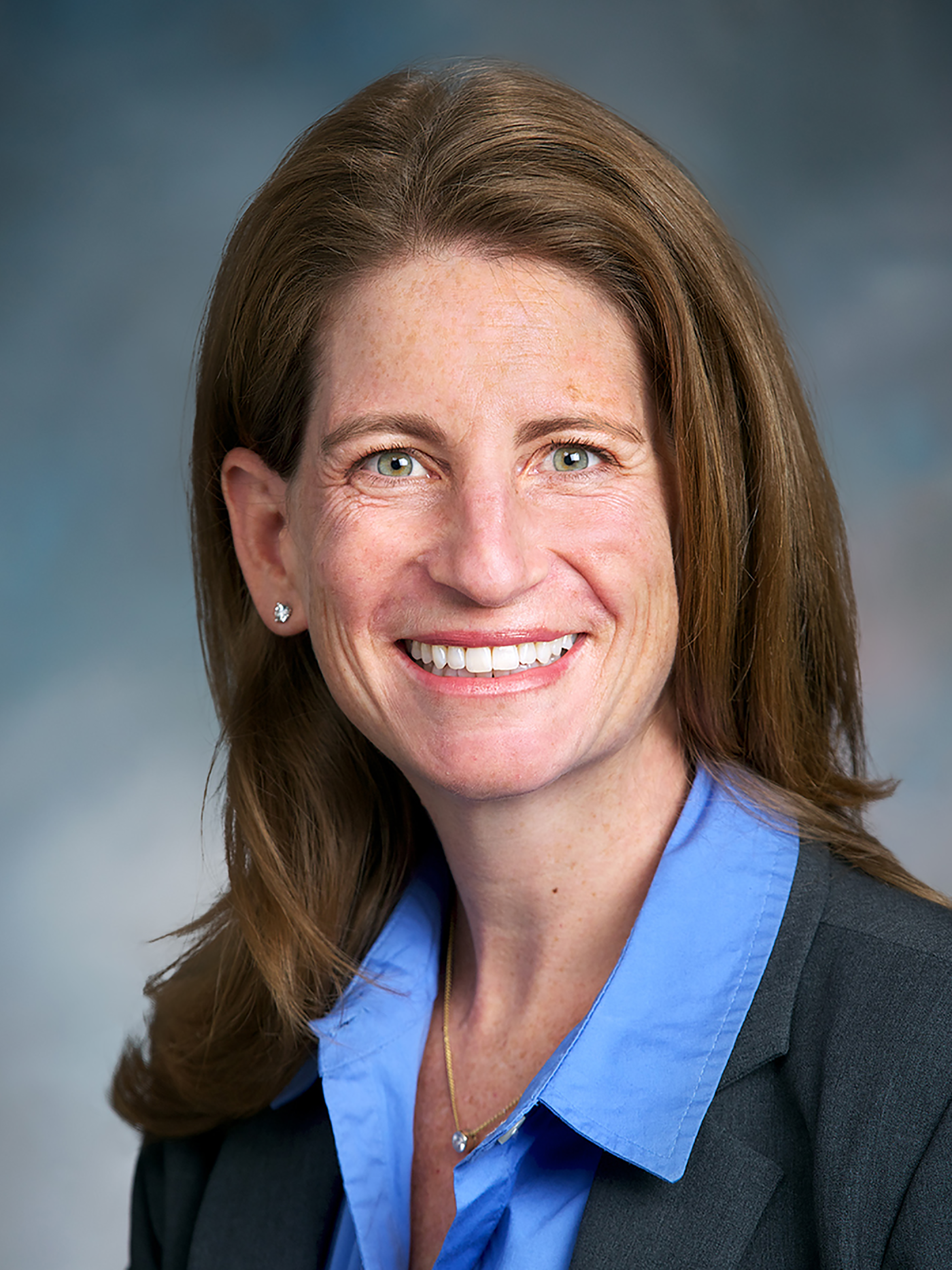Absolutely. So probably the other major issue that I've worked on is children's mental health. And that I would say before about 4 or 5 years ago, was not on the radar screen at all for Washington state. And in fact, uh, was participating in a kind of a larger policy roundtable around mental health generally. And each time I would bring up children's issues, it was kind of like, yeah, yeah, well, in 2020, we're integrating mental health and physical health. And so we'll just deal with it then. And it was like, oh no, our kids can't can't cannot wait. So, uh, Representative Ruth Kagi in one of her pieces of legislation got a, a little component in there to to put together a workgroup to look at children's mental health issues. And I became chair of that workgroup, and we looked at children's mental health from the viewpoints of early learning K through 12 and in the healthcare system. So really looking at it, um, at mental health issues around where the kids are, not where our systems are. So I think so many times we think of mental health as a as a health care issue. But if our kids are in preschool or in regular school during the day and every day, that's the place that we need to identify it and hopefully get them a little bit of help. And so over the past few years, we've passed a number of, um, I guess, landmark, but certainly systematic changing legislation that looks at children's mental health from the point of view of early learning, K-12 and health care, and making different changes within those three systems to get to kids, get them some mental health versus addressing mental illness, but get them mental health by building social, emotional, social emotional learning skills. Empathy. Self-regulation. Self-awareness. Teamwork. Collaboration. Um, so building that for every student and then recognizing the students that need a little bit more, um, care. So, for instance, when my, um, when my kids were little, about six years ago, my grandmother, my dad and my mom all passed away within a 13 month period. And it was, you know, really hard on me. But the impact that I saw in my kids was what was alarming. They were really concerned about who was going to die next. And, um, and they luckily had school counselors that they could talk to. And it was kind of about then that I began to realize that not every school has a school counselor. And so, you know, the fact that my kids could go, you know, that above the social emotional learning, they needed a little bit of help that they could reach out to somebody. Somebody could reach out to them and help them address that issue before they just internalized it and stuffed it down. Um, and that was really helpful. And so I really understand the importance of that kind of that middle ground. When you have a trauma, you want to be to address that right away. And then of course, um, you know, the more intense level, if you have a mental illness or a psychotic break or some other really acute issue, we need to address that as well, so that it doesn't rise to the level of having a long term, full term adult mental health issue or mental illness issue. So it's been um, it's been great to really start looking at those and trying to reduce the need for spending in mental health for adults by trying to focus on prevention and going more upstream.
